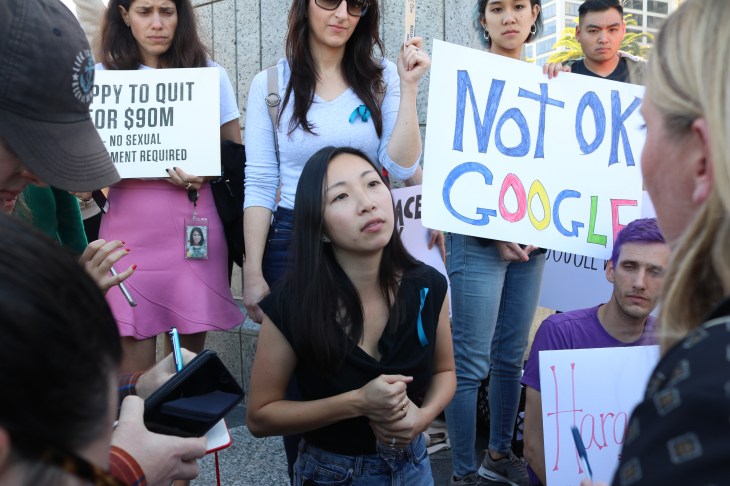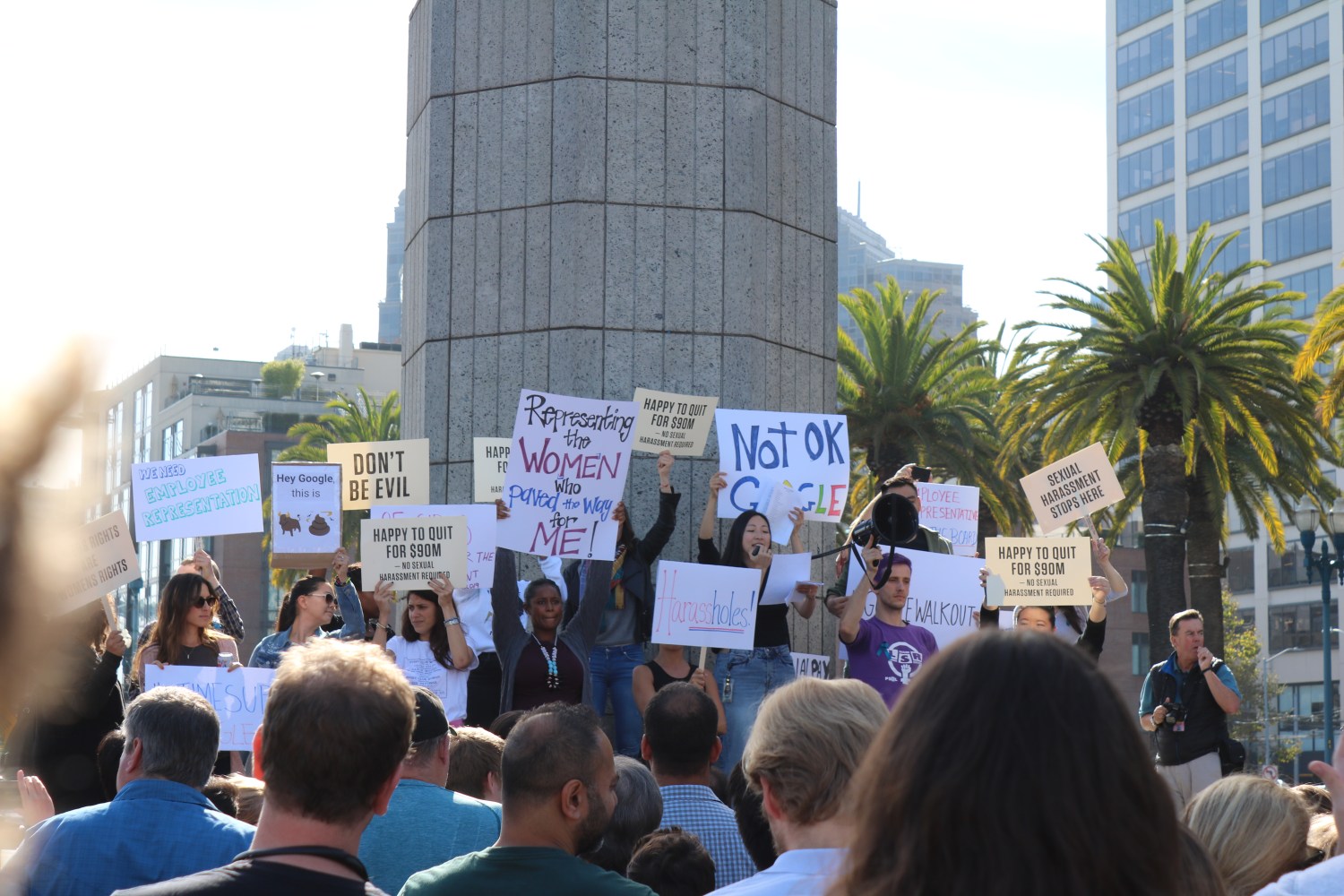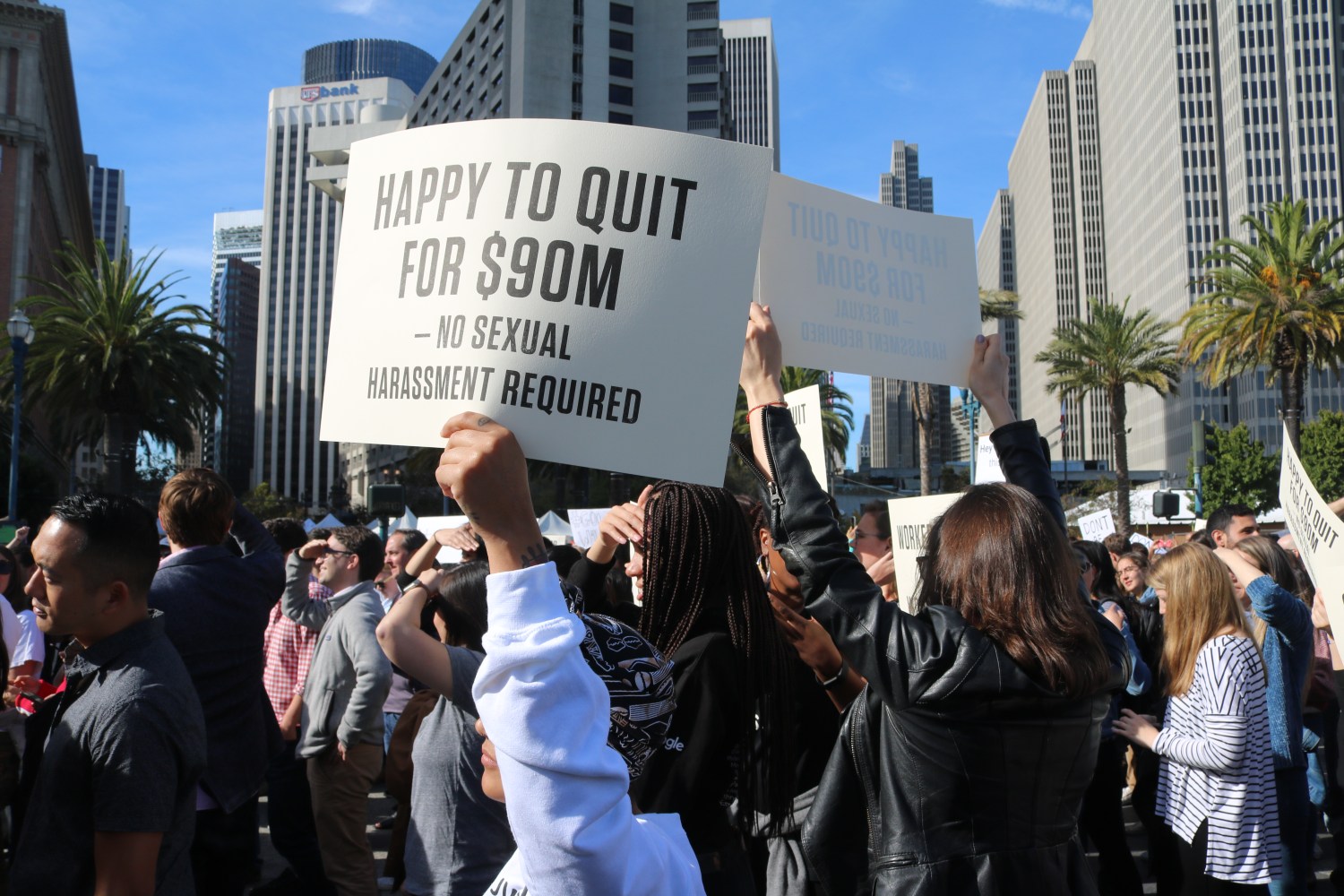tencent weishi smart spectacles glasses Some were surprised to see Snap release a second version of its “face-camera” Spectacles gadget, since the original version failed to convert hype into sales. But those lackluster sales — which dropped to as low as 42,000 per quarter — didn’t only fail to dissuade the U.S. social firm from making more specs, because now Tencent, the Chinese internet giant and Snap investor, has launched its own take on the genre. Tencent this week unveiled its answer to the video-recording sunglasses, which, you’ll notice, bear a striking resemblance to Snap’s Spectacles. Called the Weishi smartglasses, Tencent’s wearable camera sports a lens in the front corner that allows users to film from a first-person perspective. Thankfully, the Chinese gaming and social giant has not made the mistake of Snap’s first-generation Spectacles, which highlighted the camera with a conspicuous yellow ring. View image on TwitterView image on TwitterView image on TwitterView image on Twitter Matthew Brennan @mbrennanchina #Tencent's version of Snap Spectacles will go on sale Nov 11th 12:24 PM - Nov 2, 2018 27 26 people are talking about this Twitter Ads info and privacy Tencent, which is best known for operating China’s massively popular WeChat messenger, has been an investor in Snap for some time after backing it long before it went public. But, when others have criticized the company and its share price struggled, Tencent doubled down. It snapped up an additional 12 percent stake one year ago and it is said to have offered counsel to Snap CEO Evan Spiegel on product strategy. We don’t know, however, if the two sides’ discussions have ever covered Spectacles and thus inspired this new Tencent take on then. The purpose behind Tencent’s new gadget is implicit in its name. Weishi, which means “micro videos” in Chinese, is also the name of the short-video sharing app that Tencent has been aggressively promoting in recent months to catch up with market dominators TikTok and Kuaishou . TikTok, known as Douyin in China, is part of the entertainment ecosystem that Beijing-based ByteDance is building. ByteDance also runs the popular Chinese news aggregator Toutiao and is poised to overtake Uber as the world’s most-valued tech startup when it closes its mega $3 billion funding round. Weishi’s other potential rival Kuaishou is, interestingly, backed by Tencent. Kuaishou launched its own video-taking sunglasses in July. Alongside the smart sunglasses, Tencent has also rolled out a GoPro-like action camera that links to the Weishi app. Time will tell whether the gadgets will catch on and get more people to post on Weishi. Snap Spectacles V1 (top) and V2 The spectacles will go on sale November 11, a date that coincides with Singles Day, the annual shopping spree run by Tencent’s close rival Alibaba. Tencent does not make the gadget itself and instead has teamed up with Shenzhen-based Tonot, a manufacturer that claims to make “trendy” video-taking glasses. Tonot has also worked with Japan’s Line chat app on camera glasses. “There isn’t really a demand for video-recording glasses,” says Mi Zou, a Beijing-based entrepreneur working on an AI selfie app. That’s because smartglasses are “not offering that much more to consumers than smartphones do,” she argues. Plus, a lot of people on apps like Douyin and Kuaishou love to take selfies, a need that smartglasses fail to fulfill. “Tencent will have to work on its marketing. It could perhaps learn a few things from the Apple Watch, which successfully touts a geeky product as a fashionable accessory,” suggests Mi, who points out Snap Spectacles’ so-far dim reception. Weishi had not responded to TechCrunch’s request for comment at the time of writing, but we’ll update this story with any additional information should the company provide it.

Shouting “women’s rights are worker’s rights” and a number of other #TimesUp and #MeToo chants, upwards of 1,000 Google employees gathered at San Francisco’s Harry Bridges Plaza Thursday to protestthe company’s handling of sexual harassment and misconduct cases.
Staffers from all of Google’s San Francisco offices were in attendance. An organizer who declined to be named told TechCrunch there were 1,500 Google employees across the globe that participated in the 48-hour effort to arrange a worldwide walkout. The effort was a success. More than 3,000 Googlers and supporters of the movement attended the New York City walkout alone. The organizers said that the 1,000 people who came out for the San Francisco walkout was double the number they expected.
Cathay Bi, a Google employee in San Francisco and one of the walkout organizers, told a group of journalists at the rally that she was conflicted with participating in the walkout and ultimately decided not to go public with her own story of sexual harassment.
“I experienced sexual harassment at Google and I didn’t feel safe talking about it,” said Bi, pictured above. “That feeling of not being safe is why I’m out here today. I’d love it if everyone felt safe talking about it.”



“There were many times over the course of the last 24 hours that I emailed the group and said ‘I’m not doing this because I’m scared,’ but that fear is something everyone else feels,” she said. “I said to myself last night, I hope I still have a career in Silicon Valley after this.”
Other organizers declined to go on the record.
There were protests around the globe today, including in London, Dublin, Montreal, Singapore, New York City, San Francisco, Seattle and Cambridge, following a New York Times investigation that revealed Google had given Android co-creator Andy Rubin a $90 million exit package despite multiple relationships with other Google staffers and credible accusations of sexual misconduct made against him. That story, coupled with tech’s well-established issue of harassment and discrimination toward women and underrepresented minorities, was a catalyst for today’s rallies.
At the rally, Google employees read off their list of demands, which includes an end to forced arbitration in cases of harassment and discrimination, a commitment to end pay and opportunity inequity, and a clear, inclusive process for reporting sexual misconduct safely and anonymously.
They’re also requesting that the search giant promote chief diversity officer Danielle Brown to a role in which she reports directly to chief executive officer Sundar Pichai, as well as the addition of an employee representative to the company’s board of directors.
Here’s the statement from Pichai that Google provided to TechCrunch this morning: “Earlier this week, we let Googlers know that we are aware of the activities planned for today and that employees will have the support they need if they wish to participate. Employees have raised constructive ideas for how we can improve our policies and our processes going forward. We are taking in all their feedback so we can turn these ideas into action.”
Now, employees around the globe await Google’s highly-anticipated course of “action.”
“These types of changes don’t happen overnight,” Bi said. “If we expected them overnight we would have the wrong expectations of how these movements take place.”